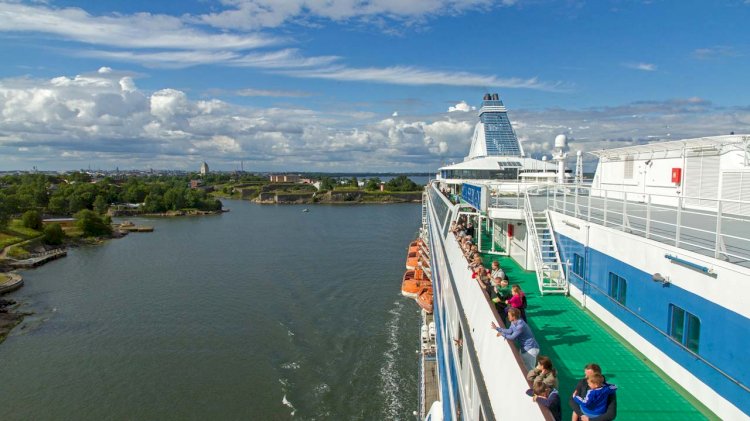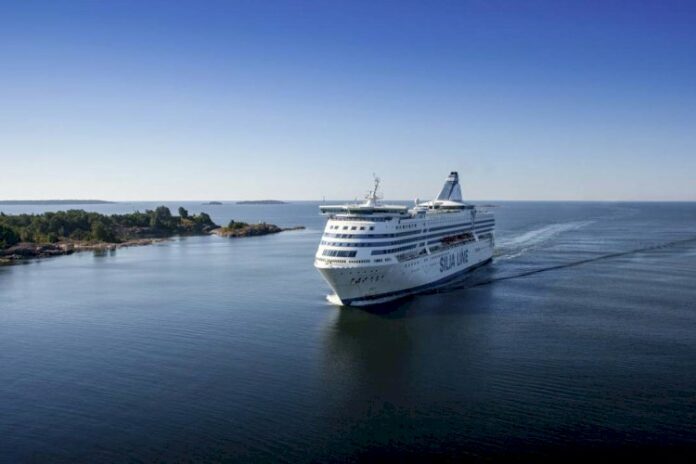Tallink Grupp has informed the company’s staff that it will this week notify the Estonian Unemployment Insurance Fund and the Estonian Independent Maritime Workers Union of commencing further collective redundancies processes in the different group subsidiaries and respective consultations with the union.
In addition to commencing the collective redundancies process in Estonia, the company has initiated a further collective redundancies process in Latvia.
Within the company’s Finnish subsidiary, extensive lay-offs of both onshore and onboard personnel are already in place, which will continue for now either full time or part time. Nearly all 1,200 Tallink Silja OY employees are affected by the lay-offs, both in the company’s onshore organisation as well as onboard the two vessels operating under the Finnish flag: Silja Serenade and Baltic Princess. The situation is being closely monitored and the possible need for any adjustment measures and further action is continuously assessed.
Altogether, the efficiency processes ongoing and initiated in all the company’s home markets, will impact up to 2,500 Tallink Grupp employees, whose jobs will be affected by the processes in one way or another, depending on the negotiations with the various parties.

Paavo Nõgene, CEO of Tallink Grupp, said:
“The recent deterioration of the pandemic situation in our region, the different approaches of our home markets to travel restrictions and the mixed messaging around travel advice in our markets have all had a negative impact on our ticket sales over the last three weeks, and the current lack of additional decisions regarding further support mechanisms in our home countries, has brought us to the point where we must optimise our business and activities quickly and decisively even more to ensure the sustainability of our company.“
‘It is clear that in the current situation and in today’s circumstances, it is not economically possible for us to continue to provide all the services we were planning to provide during the autumn-winter season ahead, which in turn also means that we are unable to offer as much work to all the colleagues in our already downsized organisation as we had hoped.
“In the spring we made our plans in the hope that we will be able to restore our routes with Sweden before too long. However, today, we are in a situation where Sweden is still closed for business for us from a tourism point of view and travelling between Estonia and Finland is negatively impacted by many factors. I sincerely hope that the various salary compensation schemes currently discussed in Estonia, Finland and Sweden on government level, will lead to positive decisions soon and we are able to reduce the number of positions facing redundancy or reorganisation as a result. The focus and extent of the negotiations prepared in Finland, largely depend on the support packages or other guarantees created.“

Nõgene added:
“Should the support mechanisms be decided and agreed by the governments quickly or the market situation change, we are ready to review the current plans and decisions quickly and revise these dependant on the extent of the support offered and we are ready to re-employ our people where possible when the situation improves,“ Nõgene commented.
“Tourism sector companies and those dependant on the sector have lost business most during this crisis and their recovery will also take the longest. There is no doubt today that in order to sustain and maintain the competitiveness of our tourism sector, decisive and sufficient support from the state is necessary at least until early summer 2021. Germany is a good example of the state offering vital support to businesses, with salary compensation schemes being extended in the country at least until the end of 2021,“ Nõgene concluded.



